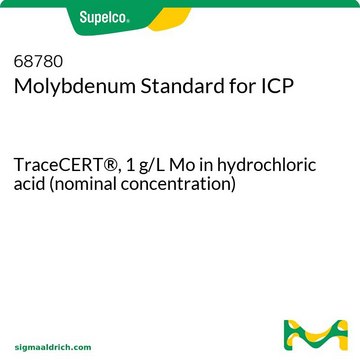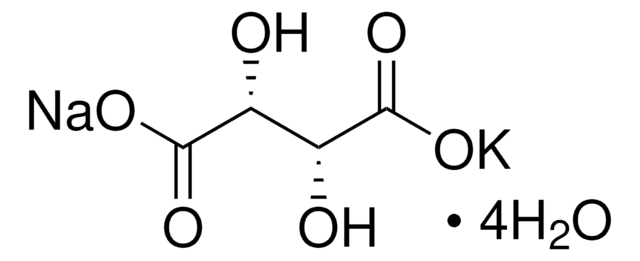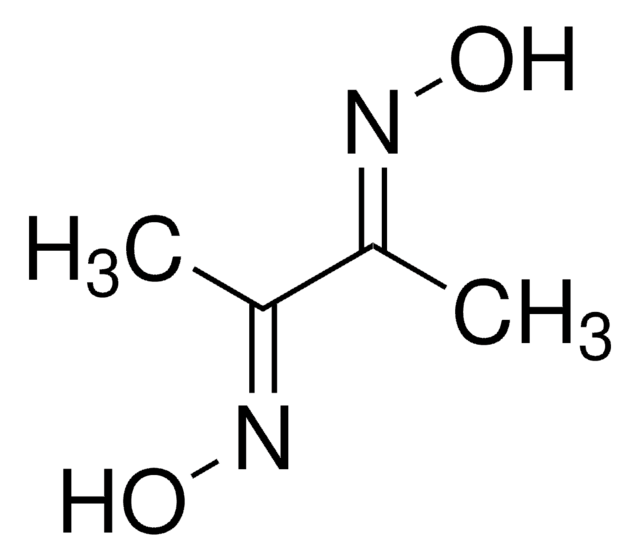71995
Sodium tartrate dibasic dihydrate
purum p.a., ≥98.0% (NT)
Synonym(s):
L-(+)-Tartaric acid disodium salt, Disodium tartrate dihydrate, Sodium tartrate dihydrate
About This Item
Recommended Products
grade
purum p.a.
Quality Level
Assay
≥98.0% (NT)
form
solid
anion traces
chloride (Cl-): ≤50 mg/kg
sulfate (SO42-): ≤50 mg/kg
cation traces
Ca: ≤100 mg/kg
Cd: ≤50 mg/kg
Co: ≤50 mg/kg
Cu: ≤50 mg/kg
Fe: ≤50 mg/kg
K: ≤200 mg/kg
Ni: ≤50 mg/kg
Pb: ≤50 mg/kg
Zn: ≤50 mg/kg
SMILES string
[Na+].[Na+].[H]O[H].[H]O[H].O[C@H]([C@@H](O)C([O-])=O)C([O-])=O
InChI
1S/C4H6O6.2Na.2H2O/c5-1(3(7)8)2(6)4(9)10;;;;/h1-2,5-6H,(H,7,8)(H,9,10);;;2*1H2/q;2*+1;;/p-2/t1-,2-;;;;/m1..../s1
InChI key
FGJLAJMGHXGFDE-DGFHWNFOSA-L
Looking for similar products? Visit Product Comparison Guide
Related Categories
General description
Application
Storage Class Code
11 - Combustible Solids
WGK
WGK 1
Flash Point(F)
Not applicable
Flash Point(C)
Not applicable
Personal Protective Equipment
Choose from one of the most recent versions:
Already Own This Product?
Find documentation for the products that you have recently purchased in the Document Library.
Customers Also Viewed
Our team of scientists has experience in all areas of research including Life Science, Material Science, Chemical Synthesis, Chromatography, Analytical and many others.
Contact Technical Service






